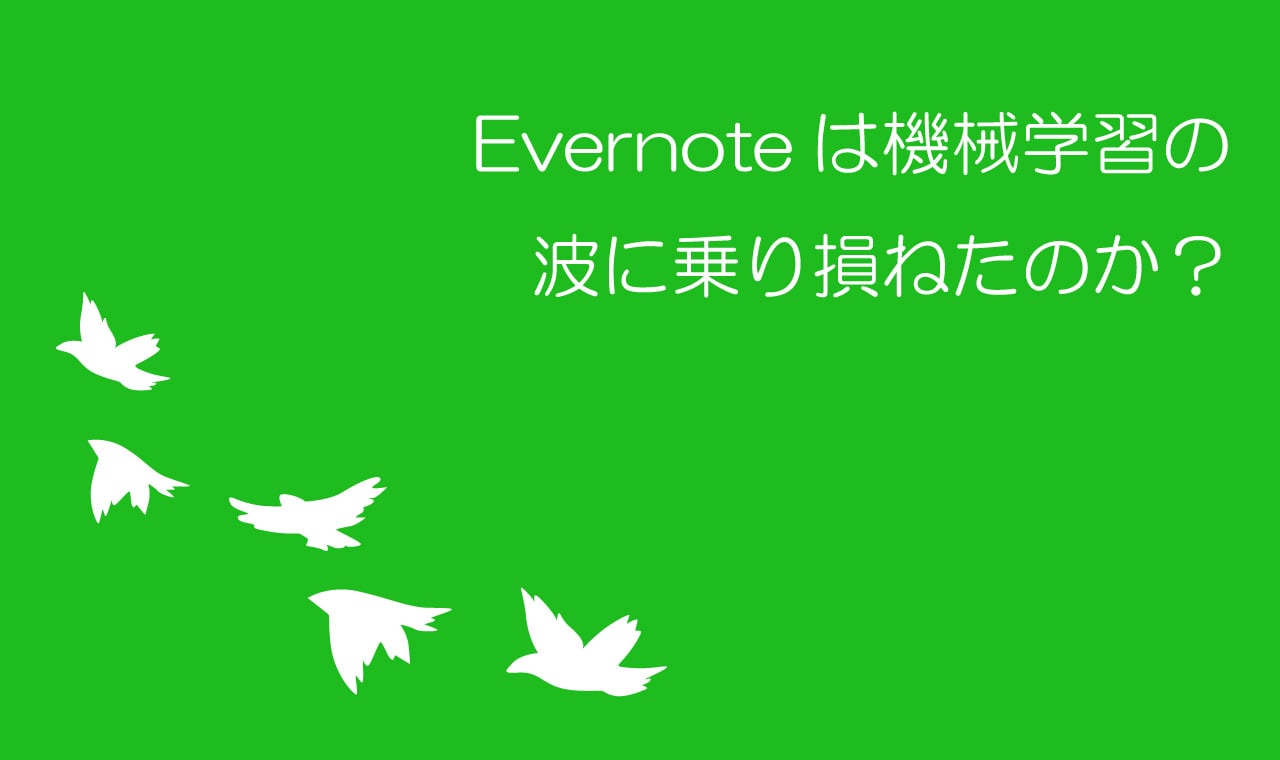

The implications of Evernote’s sudden exit from the realm of anti-surveillance lobbying are far-reaching. Implications of Evernote’s Exit from Antisurveillance Lobbying Whatever the case may be, it is clear that the company’s sudden departure from the fight against government surveillance has been met with dismay from many of its users and supporters. Some have speculated that the company may have been pressured by the government to stop its lobbying efforts, while others have suggested that Evernote’s management may have decided that the company’s resources would be better spent on other initiatives. The reasons behind Evernote’s sudden and quiet disappearance from the landscape of anti-surveillance lobbying remain unclear. Exploring the Reasons Behind Evernote’s Quiet Disappearance The company has also taken part in a number of other initiatives, such as the Stop Watching Us coalition, which is an alliance of civil society organizations and technology companies that seek to push back against the surveillance state. Evernote has been a vocal supporter of the Electronic Frontier Foundation’s “Don’t Spy on Us” campaign, which seeks to raise awareness about government surveillance and promote digital privacy rights. In recent years, the company has been an outspoken advocate for digital privacy and has been actively involved in anti-surveillance lobbying. Overview of Evernote’s Antisurveillance LobbyingĮvernote is a popular note-taking and productivity application that has been used by millions of users worldwide.

Nevertheless, the Evernote was a strong ally of the ship’s entry and showed the RGS that its support for government surveillance law reform is looking beyond the leaked NSA files to the designated entities.Įvernote mentions RG’s membership in its most recent transparency report and supports “efforts to reform laws and regulations governing the public surveillance of individuals and access to their information” – which makes its disappearance from the RGS website even more bizarre.

Evernote joined the alliance in October 2014 a year and a half after PRISM went public, although the company was never named in Snowden’s leaked documents. “We do not understand that our logo has been removed from the Reform Government Surveillance website,” said an Evernote spokesman, referring to TechCrunch’s comments. Even more surprising is that for two years no one noticed, not even Evernote. But then in June 2019, Evernote silently disappeared from the RGS website without warning. The idea was simple enough: to provide greater surveillance to limit surveillance of targeted threats to citizens for the collection of Americans’ personal information, and to call on lawyers to be more transparent about the secret orders that users receive data.Īpple, Facebook, Google, LinkedIn, Microsoft, Twitter, Yahoo and AOL (later the owner of TechCrunch – which now became Verizon Media) are now reformed government surveillance, or founding members of RGS and for several years as members of Amazon, Dropbox, Evernote, and Zoom. Six months later, technology companies formed a coalition called Reform Public Surveillance, which recommended that lawmakers lobby for reform of government surveillance laws. National Security Agency under a so-called PRISM program, according to NSA whistleblower Edward Snowden’s highly classified official documents. In 2013, eight technology companies were accused of leaking their user data to the U.S.


 0 kommentar(er)
0 kommentar(er)
